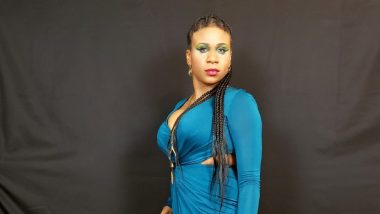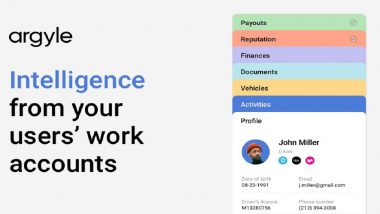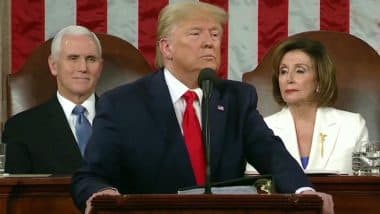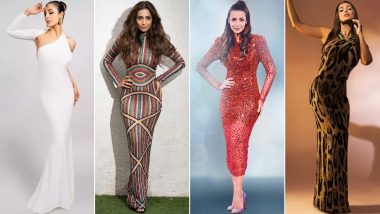Being a child of immigrants, Lachi didn’t like the idea of burdening others over the fact she was blind. Though unable to see the board and uninclined to ask for help, she still graduated at the top percentile of her class, attended top Universities, and launched her own creative business and established career. This may seem like a difficult achievement, but for Lachi, it was easy, her motto being, “Anything you can do, I can do blind.”
Why Embrace Disability In Hiring Strategy
Today, Lachi is an award winning creative artist, established songwriter, national disability inclusion advocate with a focus on the music industry, and a sought-after speaker, host and model. Currently Co-Chairing the GRAMMYs’ New York Chapter Advocacy committee, Lachi also founded RAMPD.org, a coalition of Recording Artists and Music Professionals with Disabilities, hosts YouTube series The Off Beat, interviewing top disabled celebrities and performing adventurous stunts, and recently Lachi hosted PBS Masters segment Renegades, celebrating disabled rebels who helped shape America. On her bustling social media, Lachi speaks on beauty, confidence and disability pride, sharing poised photos wearing stiletto heels and posing with a white stick glammed with glitter.
In an industry where disability, race and gender could make success difficult, Lachi surrounds herself with a hardworking fast-paced team supporting her public career. “I attribute my success to my diverse team, a team made up almost exclusively of folks who think creatively, have innate self-drive, and high-level problem solving skills. People with disabilities,” Lachi says.
The U.S. Department of Labor reports that employers who embrace disability in their talent strategy have a 72% increase in productivity, and a 90% increase in employee retention. Employers should consider making it a mission to capitalize on that and reap such benefits.
“As a blind woman, I’ve always had to figure out crafty ways to assess, navigate and solve problems in order to keep at pace with my non-disabled counterparts. This led me to be really good at a lot of things: web-design, audio-engineering, copy-writing, video-editing, really an ability to just figure things out despite obstacles. When I got to a point in my career where I needed a full team; the light-bulb hit. Let’s assemble a team who specialize in autonomous problem solving like me, who have that ability to figure things out despite (what others may perceive as) obstacles.”
Embracing A Disability-Forward Team
With millions of streams, regular placements on TV, radio and film, and collaborations with the likes of Apl.De.Ap, Snoop Dogg, Markus Schulz, and others, Lachi’s representation must surely compete with those of her fellow non-disabled vocalists by being a well-oiled machine of doers and large-scale thinkers. The team she’s assembled is exactly that: established in their own right, driven and passionate, as the majority have a personal stake in the overarching goal of amplifying disability culture to the mainstream.
“The team’s got what I call, ‘Big Dis Energy’: the superior ability to problem solve and an innate sense of self-determination due to identifying as a person with a disability. High-level problem solving skills, heightened drive, and a strong sense of integrity. We’ve kept the wheels turning at pace, even through the newfound attention garnered by the PBS pilot, recent releases and subsequent press.”
Lachi’s artistic career is currently managed by Ben Price of Harbourside Management. Legally blind, Ben sits on the BPI Equality Advisory Group and advocates for inclusion supported in part by Arts Council England. Keely Cat Wells, Lachi’s talent rep, is a Forbes 30-under-30 recipient for her work advocating disability representation in Hollywood, and co-founder in the WeThe15 disability awareness campaign, herself having a non-visible disability.
Lachi’s literary agent, Stephanie Hansen who is unilaterally deaf has inked major publishing deals, while Arthur, who identifies as neurodiverse, manages operations while doubling as operations director for the national Association of Executive Search Consultants. JD, also legally blind, handles administration, while the social media and outreach team consists of Sal Lopez and Hanan Hirsawa, both legally blind. Hanan also performs audio description for the majority of The Off Beat series.
When given the right tools, adequate training, and an encouraging environment with clear goals, employees with disabilities make for a highly productive, self-driven, creative team.
Disability, Art and Employment
As Lachi forges a path as a leading disabled voice in the music industry, Lachi has built a coalition of accredited musicians and entertainment industry professionals with disabilities who are passionate, creative, and highly-experienced. However the stigmas surrounding disability have made it difficult for these talented individuals to find and maintain work. A 2019 Attitude is Everything survey revealed that 70% of disabled performers conceal their conditions in order to get a gig, 2 of every 3 risk their wellbeing to perform, and 1 in 5 are forced to cancel a gig due to lack of access.
“Artists of any kind and any diversity should not see such percentages in their line of work, and should not encounter that much more difficulty obtaining work than their counterparts,” Lachi says, calling on labels, publishers and production house employers upping their DEI efforts to include staff with disabilities, to venues, talent buyers, ads agencies and media studios to include disabled artists and authentically disabled storytellers on their agendas. She also adds “Industry and foundation boards should also call on disabled leaders to help with making well rounded, informed decisions.”
Through her work with RAMPD, she along with top creators, artists, engineers and music professionals who identify as a person with a disability, are on a mission to reclaim the narrative on disability, looking to change perceptions from ‘inspirational’ to ‘competitive’.
“I want to see us winning GRAMMYs. I want to see us on leadership committees at SONY and Warner Music. I want to see us in major sessions, gracing the cover of Billboard, inking lucrative highly visible deals, and seeing our stories on VH1. From the green room to the board room, we recording artists and music professionals with disabilities deserve to have access and to have our culture amplified.”
Being Intentional
No matter the industry, it starts with being intentional in incorporating talent who identify as disabled into your hiring strategy, along with the willingness to accommodate and foster an inclusive environment beyond a performative checklist.
“I’ll put it to you like this,” Lachi says, “If anything you can do, I can do blind, imagine what one could achieve if given the tools, training and opportunity to match you on an even playing field.”



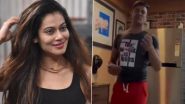

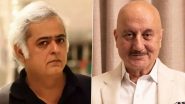

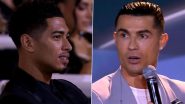
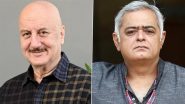
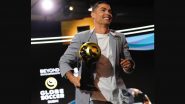
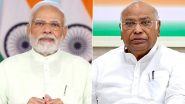
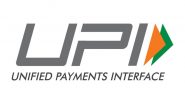

 Quickly
Quickly








